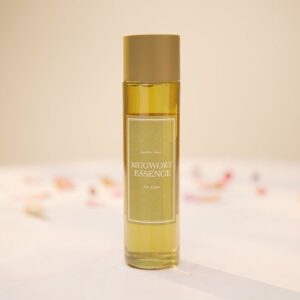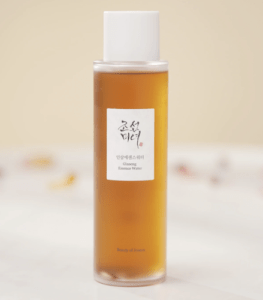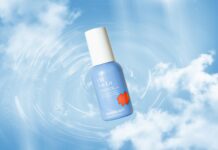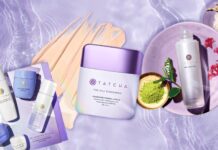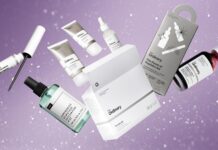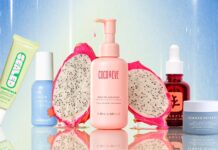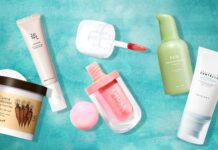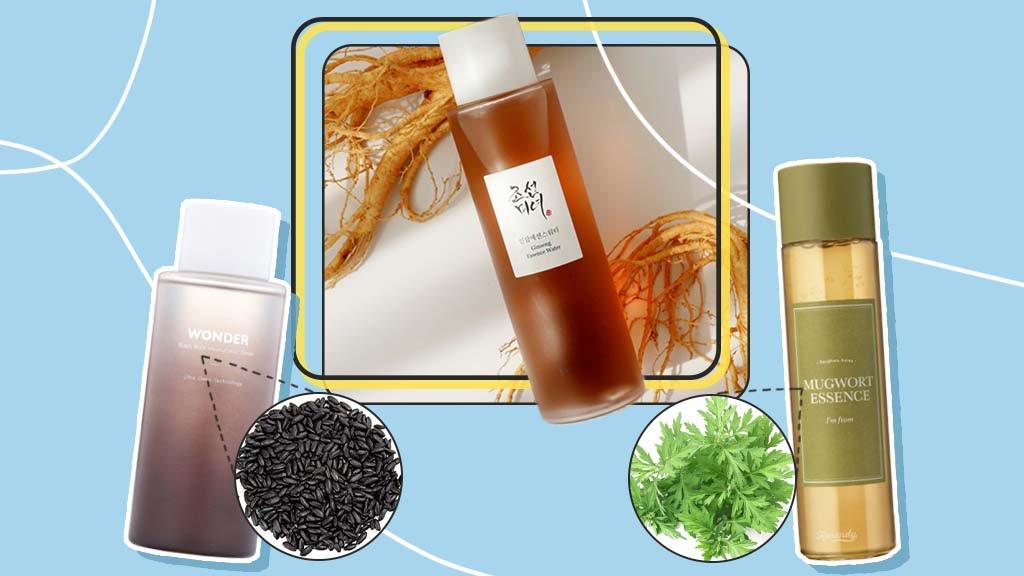
There’s something about K-Beauty that’s enticing and oh-so-easy to fall in love with. From gentle and balanced formulations to innovative products and packaging, it seems the industry is and will continue to flourish as it makes its impact all over the world. But in this fast-paced modern society we live in, I do think one aspect of K-Beauty helps capture the essence of Korean skincare: Hanbang.
What is Hanbang?
Hanbang, or “traditional herbal medicine” is more than just medicine – it’s a holistic lifestyle that presents itself in different aspects of Korean culture. If you’re feeling sick, there are oriental clinics that whip up herbal formulations for you to drink (han yak). If you’re in need of some detoxing, sweat it out at a heated salt room sauna at the Korean bathhouse (jjimjilbang). Or if you’re fatigued from the heat, devour a hearty bowl of Ginseng Chicken Soup (samgyetang) to replenish lost electrolytes and nutrients. Even as a Korean American who’s born and raised in the U.S. (and rarely went to Korea), all of these holistic practices don’t seem strange to me. Instead, they are a slice of culture that remains within my parents and every Korean immigrant family I meet even when they are far away from home.
All in all, it’s an approach that brings together the balance between the modern and traditional worlds.
Looking Through the Lens of Hanbang
Hanbang as oriental medicine is a complex topic to explain in a few sentences (let’s say there’s a lot of history and philosophy involved). But the general idea is the focus of the Eastern concept of Yin and Yang, which conceptualizes the balance of “opposites.” A healthy body is said to portray a balance of Yin and Yang, whereas a body with illness or condition indicates that this balance is off and requires treatment to restore that lost harmony.
Then How Does Hanbang Translate to Our Skin?
It all goes back to the idea of balance. In Oriental medicine, it’s believed that a healthy body means that all functions of your internal organs (the heart, kidney, liver, spleen, and lungs) are operating properly. So when any of these internal organs run into a problem, it can show through the skin.
Art director, Odile Monod, presents an example in her Hanbang video that I believe best explains this theory in a digestible manner (by the way, go show her some love – it’s a fantastic video!). She says, “If your respiratory system is not working as it should, your skin will not get the right amount of energy and nutrients it needs to function properly. It will lose the ability to retain moisture, so you will be more likely to suffer from dehydration or dullness.” Sounds straightforward, right?
And if you’re an avid acne-sufferer like I am, you probably came across a diagram known as face-mapping that shows links to certain areas of the face with a corresponding internal organ. Acne on the forehead is said to be linked to issues in the digestive system, large intestines, and the bladder, while the pimple you sport on your nose could indicate heart stemmed issues like high blood pressure or stress. Or if you’re prone to getting hormonal acne on the sides of your chin like me, the face map references issues with the reproductive organ and kidneys – both of which are in charge of hormone regulation.
Even in western skincare and medicine, acne is recognized as a skin disease with links in genetics, diet, lifestyle, and stress. So it’s possible that the Eastern concept of medicine isn’t as far-fetched as it sounds. But regardless of how you view skincare and medicine, we really can’t deny the influence of Hanbang and traditional medicine impacting Korea’s modern society today.
K-Beauty’s Modern Take on Hanbang
Since K-Beauty is an industry that’s dominating the markets, you can expect brands to integrate the concept of Hanbang into their products.
But just like how “Clean Beauty” is a term defined differently for skincare brands over in the west, Hanbang doesn’t have an official definition either and mainly goes by two types of products. According to Odile, Hanbang skincare can take the form of products that contain ingredients that were traditionally used in Korean medicine in the past, or products that utilize traditional methods of preparing these ingredients (fermentation is an example!).
By going by these two types of products, we can find tons of K-Beauty and K-Beauty-inspired products available for purchase. Brands like I’m From and Beauty of Joseon encapsulate Hanbang through its ingredients, while 107 Beauty and Haruharu Wonder include a fermentation process to increase the efficacy of their products.
Then there are brands like Venn skincare that are able to take inspiration from a prescription found in Korea’s ancient medical encyclopedia Dongui Bogam and create a skincare product befitting today’s modern society. And with the continued rise and popularity of K-Beauty, I wouldn’t be surprised to see a lot more modern takes that bring a nod to traditional medicine in the East.
Some of our favorite products:
Learn more in our full video:
Shop all of our curated faves at: https://bwth.in/shop
Subscribe to our YouTube Channel for more information and product recommendations: https://bwth.in/subscribe

